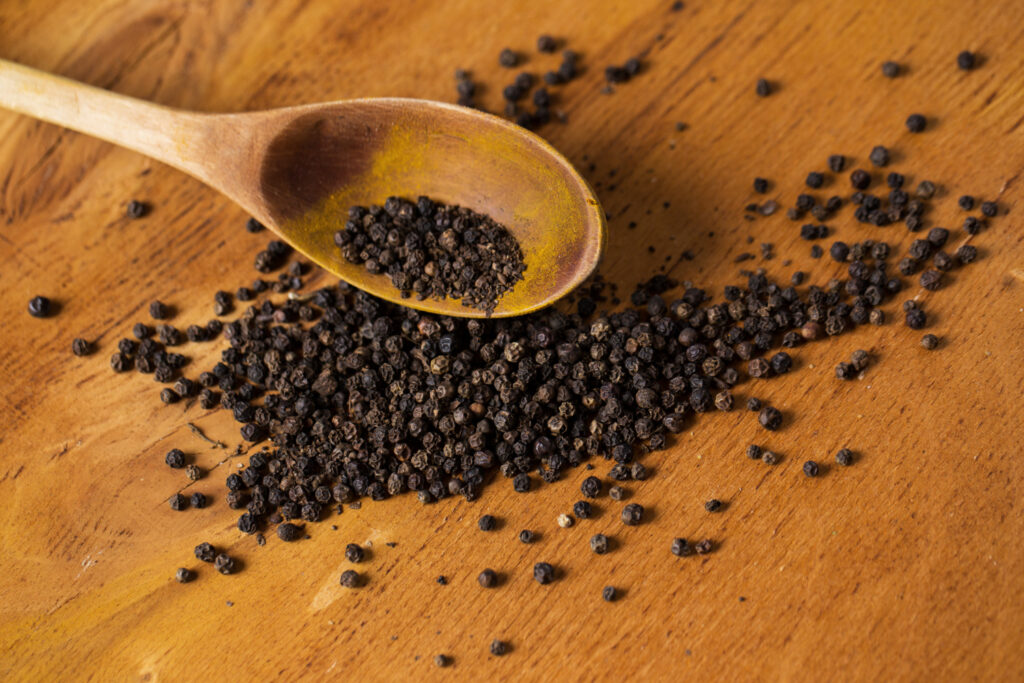Brassica Nigra: Unveiling the Hidden Potential of Black Mustard
Brassica nigra, commonly known as black mustard, is a plant that has been cultivated for centuries for its seeds, which are used as a spice and in herbal extracts. Native to regions of North Africa, Europe, and parts of Asia, black mustard has found its way into various culinary and traditional practices worldwide. This article delves into the scientific benefits, common uses, and important facts about Brassica nigra, shedding light on its potential and versatility. Scientific Benefits of Brassica Nigra Black mustard seeds are rich in several bioactive compounds, including glucosinolates, which are sulphur-containing chemicals. When these compounds are broken down, they produce isothiocyanates, which have been studied for their potential health benefits. These compounds are known for their antioxidant properties, which help in neutralising harmful free radicals in the body. Another significant component found in black mustard is nigrin, a type of protein that has been researched for its various biological activities. Nigrin has shown promise in laboratory studies for its potential to support cellular health. Additionally, black mustard seeds contain essential minerals such as selenium, magnesium, and calcium, which are crucial for maintaining overall health. Common Uses of Brassica Nigra Black mustard seeds are widely used in culinary applications. They are a key ingredient in many traditional dishes, particularly in Indian cuisine, where they are often used to temper spices and add a distinctive flavour to curries and pickles. The seeds can be ground into a powder and used as a spice or processed into mustard oil, which is popular in various regional cuisines. Beyond the kitchen, black mustard has been utilised in traditional practices. The seeds and oil have been used in poultices and plasters, believed to help with muscle stiffness and joint discomfort. While these uses are rooted in tradition, they highlight the plant’s versatility and cultural significance. How to Incorporate Brassica Nigra into Diet Incorporating black mustard into your diet can be both simple and flavorful. Here are a few ways to do so: Important Facts About Brassica Nigra Conclusion Brassica nigra, or black mustard, is a plant with a rich history and a wide range of applications. From its use in traditional dishes to its potential scientific benefits, black mustard continues to be a valuable and versatile plant. While more research is needed to fully understand its potential, the existing knowledge highlights its importance in both culinary and traditional practices. By incorporating black mustard into your diet, you can enjoy its unique flavour and potential health benefits.





